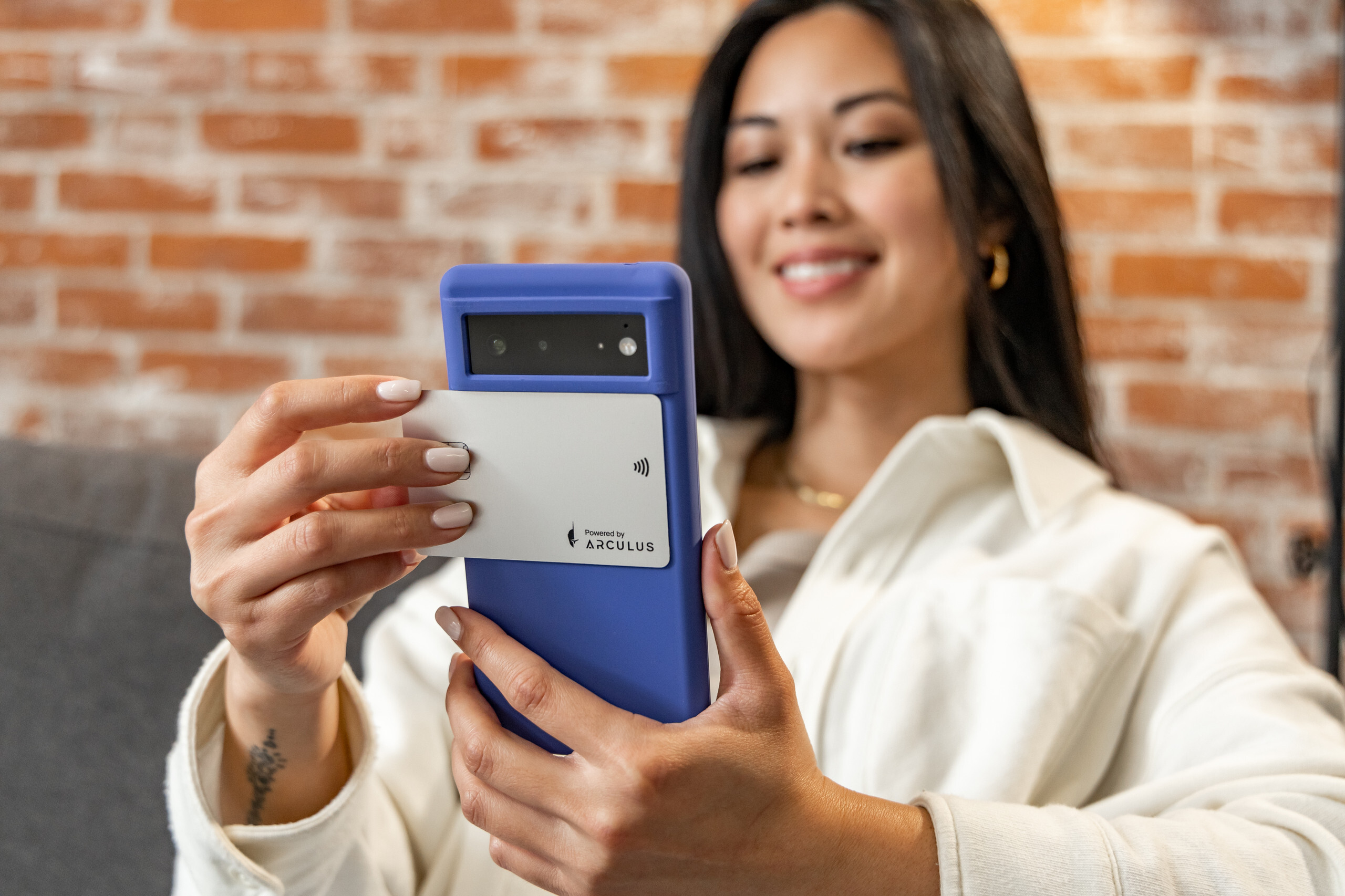Decentralized Security
Keep your customers’ assets private and secure giving them the control to protect their digital assets with the power of a card and app.

Keep your customers’ assets private and secure giving them the control to protect their digital assets with the power of a card and app.

Deliver a premium user experience that secures customers’ crypto and NFTs through an intuitive mobile interface (our Arculus App, a new white-label app in your branding by leveraging our SDK) and premium metal card technology.

Your branded premium metal card communicates with our self-custody app technology via secure NFC which for has a range of only a few centimeters unlike Bluetooth which has a range of 10 meters.

Support for 20+ blockchains and thousands of tokens to meet all your customers' custody needs.

A seismic shift is transforming the digital security landscape, as the adoption of Fast Identity Online (FIDO) standards by leading tech giants like Apple, Google, and Microsoft marks a significant step forward in the fight against cyber threats.

Introduction: Differentiation in the Finance and Fintech Landscape Thriving in the dynamic world of finance and fintech demands cultivating a unique brand identity. Amid a sea of competitors, making a lasting impression on your target audience can be a challenge, but there are tools at your disposal to help create a sophisticated, engaging brand experience for your customers with customizable metal payment cards Powered by Arculus.

Discover how the Arculus Cold Storage Wallet delivers unmatched security and ease of use through next-generation, 3-factor authentication powered by the Arculus App and Arculus Card.